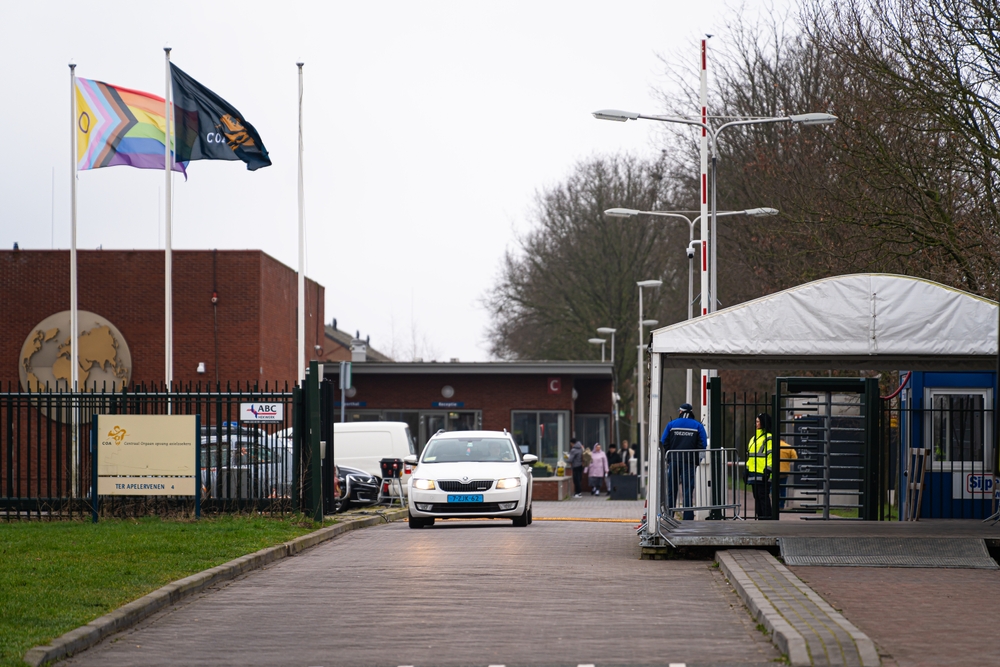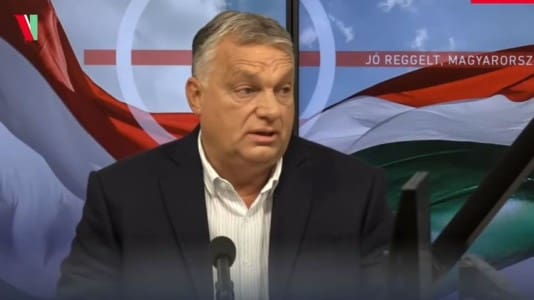The Dutch Immigration and Naturalization Service (IND) paid a record €36.8 million in penalty payments to migrants in 2024 due to delays in processing their residence applications — the figure is more than three times higher than in 2023 when the state spent €11 million on such fines.
Penalty payments are primarily granted to asylum seekers and family members joining them in the Netherlands. The IND is legally required to process asylum applications within six months, but due to unprecedented pressure on the asylum system, this deadline was extended to 15 months. Despite the extension, the service has still struggled to process applications on time.
Nearly 30,000 migrants took legal action in 2024 and successfully secured financial penalties against the IND, as revealed in the service’s annual report cited by the De Telegraaf newspaper.
Under the current system, asylum seekers can claim €100 per day in penalties, capped at €7,500 per person. Although they are officially required to report this money as income to the Central Agency for the Reception of Asylum Seekers (COA), enforcement remains unclear. COA has indicated that some of this money may be used to partially cover accommodation costs but much goes unreported.
The IND has once again urged politicians to abolish the penalty system, arguing that it does not lead to faster decision-making and only exacerbates the backlog. “We have been advocating for some time to abolish judicial penalties, so we can focus entirely on processing new applications,” the service stated. While automatic penalty payments were abolished by the House of Representatives last year, migrants can still claim significant compensation through the courts, meaning little has changed in practice.
The IND also reported a sharp rise in other legal actions against the service, as more migrants challenge decisions on their applications. The IND employs 100 lawyers to handle asylum cases, yet the legal workload continues to grow. The vast majority of applicants who receive a rejection appeal the decision, despite the low success rate. In 87 percent of cases, courts uphold the IND’s ruling.
Despite this legal burden, the number of new asylum applications fell slightly in 2024 to just over 32,000. However, the backlog of unresolved cases surged to nearly 51,000, outpacing the IND’s ability to process them.
The approval rate for asylum applications also declined sharply, dropping from 78 percent in 2022 to 58 percent in 2024. Meanwhile, the IND is also dealing with a growing number of family reunification requests. More than 75,000 people are waiting for a decision on whether they can join family members who have already been granted residence. The average waiting time for such requests increased to 70-84 weeks — a significant rise compared to 2022 and 2023.
While asylum approval rates have declined, 86 percent of family reunification requests were still granted in 2024. The Dutch coalition government led by Geert Wilders’ right-wing Party for Freedom (PVV) agreed upon a more restrictive approach to asylum policy in October last year, vowing to slash the duration of asylum permits to a maximum of three years, restricting family unification laws, revoking the legal right to housing for asylum applicants, and making it easier to revoke residency for foreign criminals. Whether reforms to the system will impact the high approval rate remains to be seen.
IND Director General Rhodia Maas acknowledged the massive backlog and growing workload faced by the service. “Despite our hard work, a huge number of applications remain unresolved. More and more applicants have to wait long periods for a decision,” she stated. Maas pointed out that the complexity of the work has also increased, due to new regulations, legal rulings, and internal policy changes.
In May last year, Wilders promised to implement the “strictest asylum policy” in Dutch history after reaching an agreement with coalition parties to form the country’s most right-wing administration in decades.






